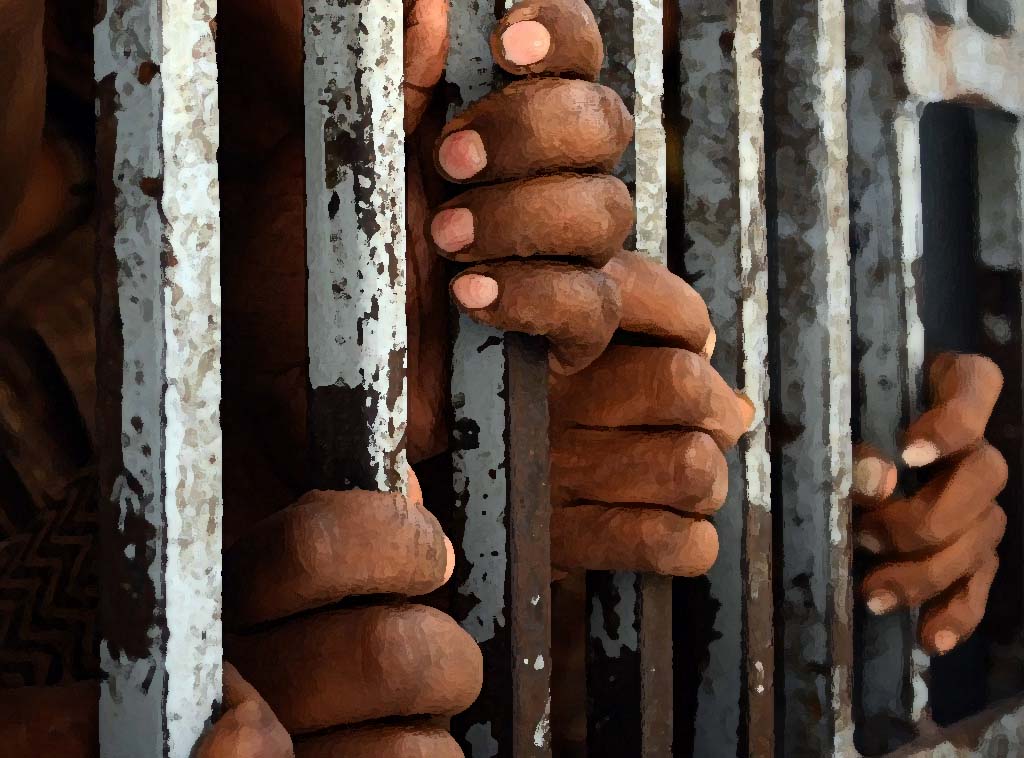
Punjab has the highest number of juvenile offenders in the country, with the bulk of them coming from the poverty-stricken and deprived areas of South Punjab, according to the first-ever joint report of Unicef and the Commissioner Children’s Complaint Office of Pakistan on the state of children in the country.
Crimes that juvenile offenders are generally charged with include murder, attempted murder, robbery, dacoity, theft or sex and drug-related crimes.
The report also states that currently there are no exclusive courts designated for juvenile offenders in the province. In an effort to fill this void, the chief justice of the Lahore High Court has notified the sessions courts and all first-class judicial magistrates to function as juvenile courts, since the government has not established separate courts to try juvenile offenders. These courts are functioning jointly as juvenile courts while taking up other criminal cases.

As on December 31, 2011, there were 858 children, including two females in the prisons of Punjab which include two Borstal jails in Faisalabad and Bahawalpur. Of the total, 768 were under trial.
The Borstal institutes and juvenile jails of Faisalabad and Bahawalpur operate under the Punjab Borstal Act 1926. Living conditions for young offenders such as separate sleeping accommodation, proper water supply, clothing, food and sanitary arrangements, suitable education and industrial training are all outlined under the Punjab Borstal Rules, 1932.
The Borstal jail which was constructed in 2002 in Bahalwalpur is the largest children’s correctional facility of the country. On last census the institution housed 82 children, out of which 34 were convicted at the end of December, 2011. The remaining juvenile offenders of the province are kept in juvenile cells of adult district and central jails of Punjab.
A key issue and hot topic of debate between the government and the civil society organizations is” who is mandated to supervise Borstal institutions”? The prison department wants to keep the Borstals under its control, while activist believe that they should have staff especially trained in handling juvenile offenders with care, understanding and kindness, not as hardened criminals.
Child sexual abuse and exploitation is a sensitive and serious violation of child rights and highly prevalent in the province as well as within the juvenile institutions. According to Sahil, a nonprofit organization which has been working for more than 20 years on child protection and which focuses primarily on child sexual abuse, 595 cases of child sexual abuse were recorded in 2010. Regrettably, 723 (77 percent) of such cases were reported from Punjab.
Child sexual abuse takes places in all types of settings and may be inflicted by familiars and strangers alike upon both girls and boys. Children are abused in homes, educational institutions, work places and on the streets. In major cities such as Lahore, Rawalpindi, Multan and others, children are seen clinking massage bottles promoting themselves as masseurs. These children are usually recruited by adults to perform massages and more often than not fulfill their baser desires. Child prostitution is also commonplace and highly visible near bus stops and train stations.
Overcrowding in jails is common all over Pakistan, Punjab being no exception, and despite the living conditions of juvenile offenders improving over the years, problems still subsist. Besides overcrowding, malnutrition, physical, mental and sexual abuse, the lack of medical or legal aid is common. The US State Department, in its 2010 report found that “provisions for sanitation, ventilation, temperature, lighting and access to potable water were inadequate” in most facilities. The average expenditure on food for prisoners is a meager Rs. 50-100 per day per inmate.
Published in The Express Tribune, March 28th, 2015.
-(1)1717678110-0/Kendrick-(1)-(1)1717678110-0-405x300.webp)




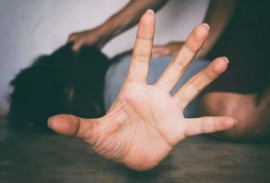
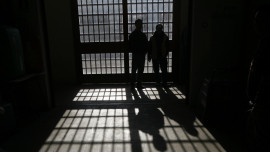

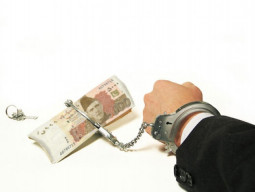
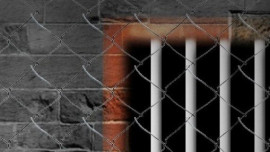







COMMENTS
Comments are moderated and generally will be posted if they are on-topic and not abusive.
For more information, please see our Comments FAQ